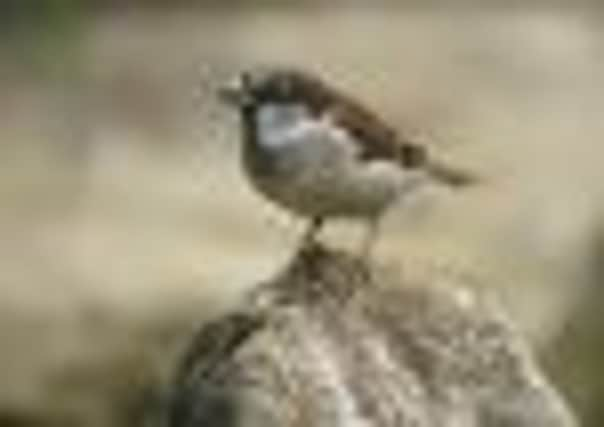Millions of UK birds lost in last five decades


The shocking report, issued by the RSPB, British Trust for Ornithology (BTO), Joint Nature Conservation Committee, Natural England, and the Wildfowl and Wetlands Trust, claims 44 million birds have been lost since 1966.
Bearing the brunt are species such as the House Sparrow, which has seen one of the greatest losses of any bird in the UK.
Advertisement
Hide AdAdvertisement
Hide AdAlthough since 2000 house sparrow numbers have started to increase, the UK still has 20 million fewer sparrows than it did in 1966. The current population is estimated at around 10 million.
The scientists producing the report estimate there are 166 million nesting birds in the UK, compared with 210 million nesting birds in 1966.
Dr Mark Eaton is an RSPB scientist who worked on the report. Commenting on the figures, he said: “It is shocking to think that we’ve lost one in five of the individual birds that we had in the 1960s, especially when you think that the 44 million birds we have lost since 1966 is equivalent to the current adult human population of England and Wales.”
There have been many changes in the UK which have affected birds, most notably changes in the land use and the management of our countryside and seas – these can change the amount or quality of key resources needed by birds, such as suitable places to nest or a shortage of food in summer or winter.
Advertisement
Hide AdAdvertisement
Hide AdHowever, for some species, including the house sparrow, the precise reasons behind these declines aren’t fully understood.
Cold weather is thought to have had a startling effect on bird numbers too. The wren, for example – still the UK’s most numerous bird – has lost an average of 835 individuals a day since 2000. But another garden bird, the chaffinch, has increased at a rate of 150 individuals per day.
Dr Andy Musgrove of the BTO, who worked on compiling these figures, said: “We have learnt a great deal about bird numbers in the UK. While there have been some winners, the number of losers is greater and the long-term picture is sobering.”